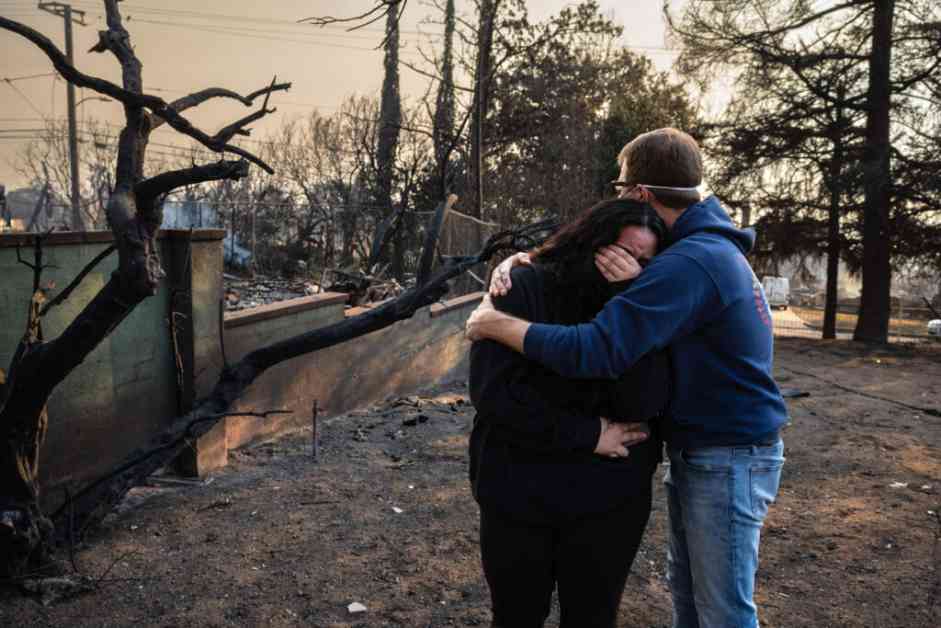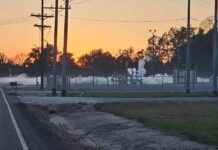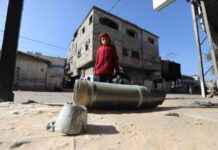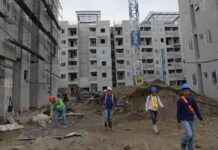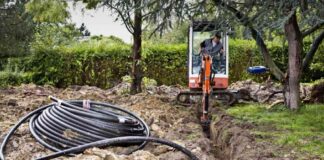**Understanding the Mental Health Impact of Wildfires: A Deep Dive into Climate Trauma**
The devastating wildfires that have ravaged Southern California are more than just physical disasters—they are also causing significant mental health repercussions for affected communities. In a recent interview conducted by Jenni Doering with Jyoti Mishra, an associate professor in the Department of Psychiatry at the University of California San Diego, the psychological and social impacts of wildfires were discussed in detail.
**The Psychological Toll of Climate Disasters**
According to Jyoti Mishra, wildfires are becoming more frequent in today’s world due to climate change, and these disasters can have a profound impact on mental health. Research conducted by Mishra and colleagues from California State University, Chico, found that communities affected by wildfires can experience post-traumatic stress disorder (PTSD), anxiety, and depression symptoms for months after the event. In some cases, up to 40% of community members may be suffering from these mental health issues.
**Understanding Cognitive Impacts**
Apart from psychological symptoms, Mishra highlighted the cognitive impacts of wildfire exposure. Both individuals directly affected by the fires and those who witness them indirectly can experience cognitive difficulties, such as poor attention and decision-making skills. Mishra explained that the brain, especially the frontal cortex responsible for cognitive functions, can become hyperactive and constantly perceive threats in the environment, leading to cognitive exhaustion and impaired functioning.
**The Role of Mindfulness in Recovery**
Mishra emphasized the importance of mindfulness in recovering from climate trauma. Mindfulness helps individuals compartmentalize their experiences, allowing them to focus on the present moment and transition to a sense of safety after a disaster. By practicing mindfulness, individuals can alleviate cognitive arousal and improve their overall mental well-being.
**Community Support and Resilience**
In the wake of wildfires, community efforts such as providing food, shelter, and rebuilding assistance can significantly benefit mental health. Mishra recommended therapies focusing on psychological healing, mindfulness, and compassion-based approaches to foster empathy and resilience within communities. By working together and supporting one another, individuals can find solace and strength in the face of climate disasters.
**Personal Reflections and Call to Action**
Sharing a personal touch, Mishra expressed deep emotion and grief for families and communities impacted by wildfires, emphasizing the importance of developing resiliency solutions and working together to address climate change. Despite the challenges faced, Mishra remains hopeful that collective action and collaboration with policymakers can lead to a more sustainable future for generations to come.
As we navigate the complexities of climate trauma and its mental health implications, it is crucial to recognize the resilience and compassion within communities that can drive healing and recovery. Through mindfulness, empathy, and community support, we can strive towards a more sustainable and supportive future in the face of environmental challenges.

